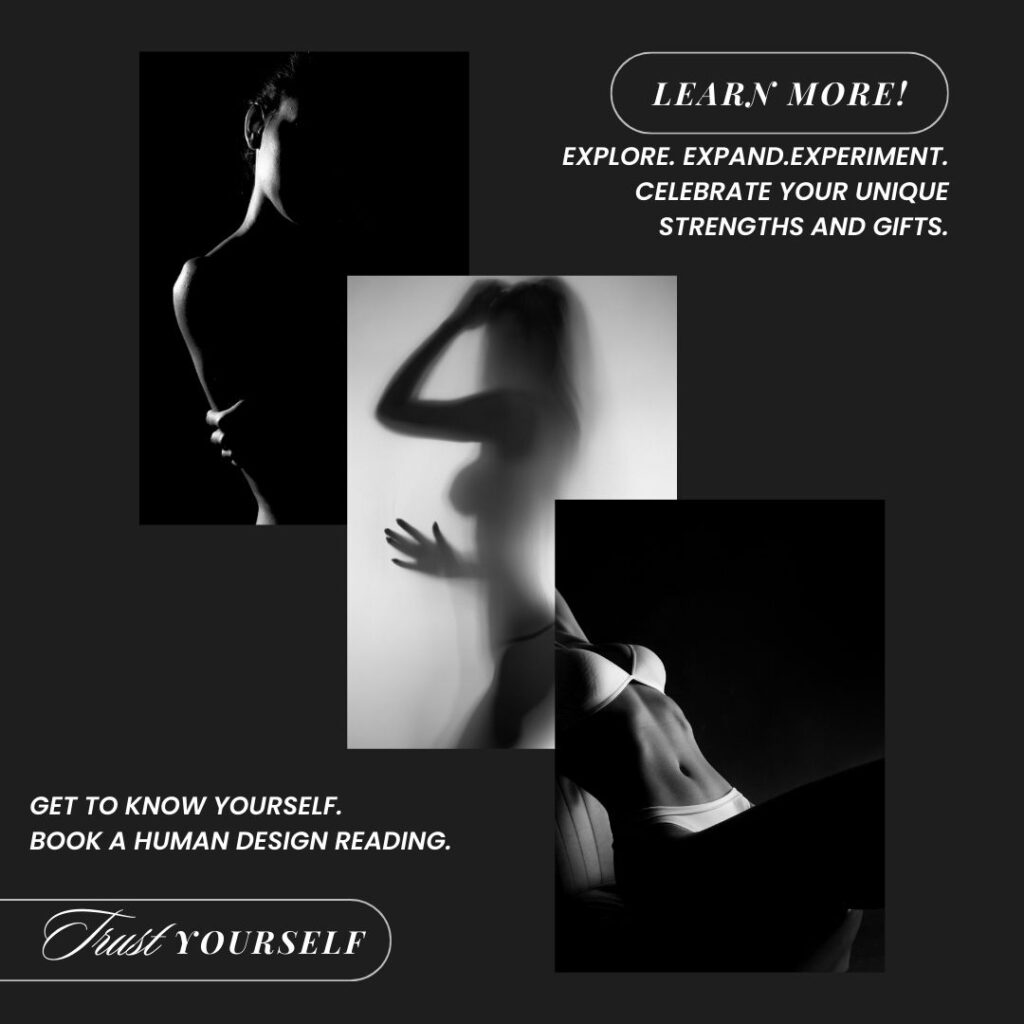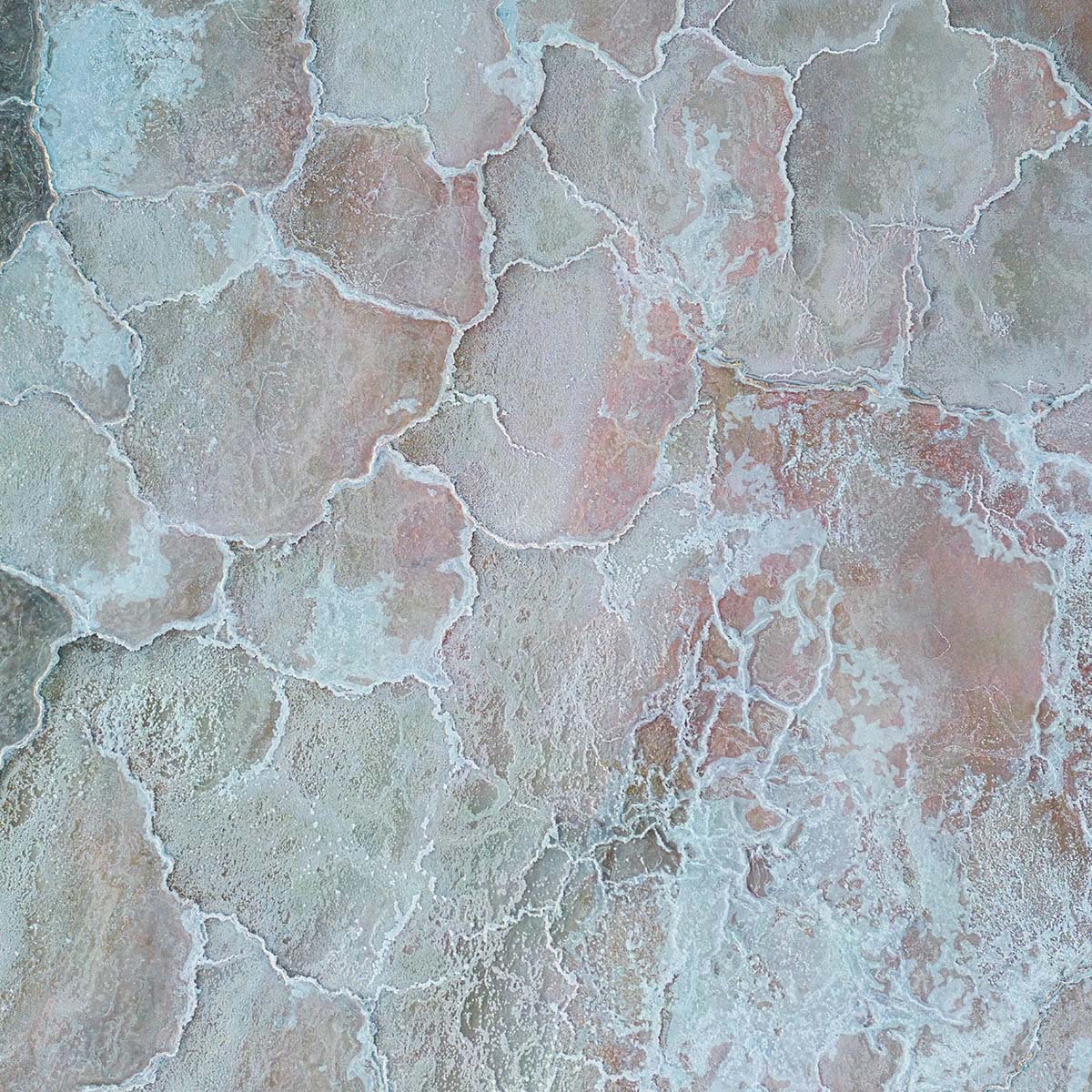Self-trust is the confidence in one’s own abilities, decisions, and inner wisdom. It’s the belief that you can rely on your judgment and instincts to navigate life’s challenges and opportunities. Self-trust is foundational to how we interact with the world; it affects our decision-making processes, our relationships, our willingness to take risks, and our resilience in the face of adversity.
Key Aspects of Self-Trust Include:
- Intuition: Listening to and valuing your inner voice, even when external opinions or evidence may suggest otherwise. It’s about trusting your gut feelings and the subtle nudges that guide you.
- Self-reliance: The ability to depend on oneself to meet needs, solve problems, and make important decisions without overly relying on others for validation or direction.
- Authenticity: Living in alignment with your true self, values, and beliefs, rather than conforming to others’ expectations or societal norms. Authenticity requires self-knowledge and the courage to be true to it.
- Accountability: Taking responsibility for your actions and their outcomes, learning from mistakes, and viewing them as opportunities for growth rather than reasons for self-doubt.
- Resilience: The strength to bounce back from setbacks, failures, or rejections, trusting in your ability to overcome difficulties and emerge stronger.
- Decision-making: Feeling confident in your choices, even in the face of uncertainty or complexity, by trusting your judgment and ability to deal with the consequences.
Developing self-trust involves a process of self-exploration, accepting and learning from failures, and celebrating successes. It also means cultivating a supportive inner dialogue, challenging self-doubt, and setting boundaries that protect and reinforce one’s sense of self. Over time, as you learn to trust yourself more, you’ll find that your confidence in your ability to handle whatever life throws your way will grow, leading to a more fulfilling and authentic life.
Gates Related to Self-Trust
Self-trust in Human Design can be related to various gates, especially when these gates are undefined or defined in a way that challenges an individual’s confidence in their decision-making process or self-perception. While every gate in the Human Design system can contribute to our understanding of ourselves, certain gates more directly touch on themes of trust, confidence, and self-assurance. Here are some gates that might reveal or contribute to self-trust issues:
Gate 10: Gate of Behavior (Self-Love)
- Location: G Center
- Theme: This gate deals with love of the self, behavior, and actions. When challenged, it can lead to issues with self-esteem and self-trust, as it directly influences how one sees oneself and one’s actions in the world.
Gate 18: Gate of Correction (Judgment)
- Location: Spleen Center
- Theme: Focused on what can be improved and the judgment to make things better. Individuals with this gate might struggle with self-trust because they are always looking for what is wrong or what could be corrected, leading to self-doubt.
Gate 21: Gate of Control (Hunter/Huntress)
- Location: Heart/Ego Center
- Theme: This gate is about control and management of resources. Issues with this gate might manifest as a need to control one’s environment or others, which can stem from a lack of trust in oneself to handle situations unless they are tightly controlled.
Gate 25: Gate of the Spirit of the Self (Universal Love)
- Location: G Center
- Theme: Represents the love of the spirit, and when challenged, it might reflect difficulties in connecting with one’s inner spirit or feeling worthy of love, which can affect self-trust.
Gate 29: Gate of Saying Yes (Perseverance)
- Location: Sacral Center
- Theme: This gate is about commitment and saying “yes” to experiences and invitations. When not in alignment, it might lead to issues with overcommitting or difficulty knowing when to commit, tied to a lack of trust in one’s own decision-making.
Gate 47: Gate of Realizing (Oppression)
- Location: Ajna Center
- Theme: Concerned with realization and the mental process of making sense of experiences. Challenges here can lead to feelings of mental oppression and a lack of trust in one’s cognitive processes or insights.
Gate 51: Gate of Shock (Initiation)
- Location: Heart/Ego Center
- Theme: This gate is about awakening through shock, leading to growth and new beginnings. Challenges with this gate might involve fear of the unknown or a lack of trust in one’s ability to overcome challenges.
Gate 57: Gate of Intuitive Clarity (Gentle Wind)
- Location: Spleen Center
- Theme: This gate is directly linked to intuition. When challenged, it might manifest as a distrust in one’s intuitive insights or a hesitation to follow one’s inner guidance.
It’s important to remember that the presence of these gates in a chart does not guarantee self-trust issues; rather, they indicate potential areas for growth and learning. Understanding how these gates operate in one’s chart can offer insights into overcoming challenges related to self-trust. Working with these energies positively involves recognizing where you might be out of alignment with your true nature and finding ways to trust in your innate abilities and decision-making processes.
Deconditioning & Self-Trust
Deconditioning coming back to self-trust in the context of Human Design involves a journey towards recognizing and embracing your innate abilities and wisdom, guided by your unique design. The process is about moving away from conditioned beliefs and behaviors that undermine your self-trust and towards a deeper understanding and application of your Type, Strategy, Authority, and the specific themes of your gates and channels.
Here’s how you can start this transformative process:
Understand Your Design
- Study Your Chart: Begin with a thorough understanding of your Human Design chart. Pay special attention to your Type, Strategy, Authority, defined and undefined centers, and significant gates. This foundational knowledge reveals how you are designed to interact with the world and make decisions.
- Reflect on Your Conditioning: Consider how conditioning from your environment, upbringing, and society may have led you away from trusting your design. Undefined centers are particularly susceptible to taking in and amplifying external influences, which can distort self-perception and trust.
Embrace Your Strategy and Authority
- Follow Your Strategy: Each Type (Manifestor, Generator, Manifesting Generator, Projector, and Reflector) has a Strategy that guides you in making correct decisions and interacting authentically with the world. Aligning with your Strategy helps reduce resistance and increases self-trust.
- Honor Your Authority: Your Authority is your inner guidance system for making decisions. Whether it’s emotional, sacral, splenic, ego, self-projected, environmental, or lunar, trusting and following your Authority reinforces self-trust through experiences that validate your decisions.
Experiment and Observe
- Practical Experimentation: Apply your Strategy and Authority in daily life. Make small decisions based on your Authority and observe the outcomes. This practice builds trust in your inner guidance system.
- Journal Your Experiences: Keeping a journal of your decisions, how you made them, and the outcomes can provide tangible evidence of your growth in self-trust. Note moments when following your design felt aligned or challenging.
Work with Your Centers
- Understand Your Defined and Undefined Centers: Defined centers are consistent energy sources and talents within you, while undefined centers are areas of learning and wisdom. Embracing the lessons from both can enhance self-trust.
- Decondition Your Undefined Centers: Practice discerning which feelings and thoughts are yours and which are absorbed from others. This discernment is crucial in building self-trust, as it helps you identify your authentic self.
Seek Support and Community
- Connect with Others in the Human Design Community: Sharing experiences and insights with those on a similar journey can provide support and encouragement.
- Consider a Human Design Reading or Coaching: Professional guidance can offer personalized insights into your design, helping you understand and navigate your path towards greater self-trust.
Cultivate Patience and Self-Compassion
- Be Patient with Yourself: Deconditioning is a process that takes time. Recognize that growing into your design and building self-trust is a journey, not a destination.
- Practice Self-Compassion: Be kind to yourself during this process. Self-trust grows as you learn from each experience, whether you perceive it as positive or negative.
Deconditioning and self-trust through Human Design is a deeply personal and empowering process. It invites you to live more authentically according to your true nature, gradually replacing conditioned behaviors and beliefs with actions and decisions that reflect your innate wisdom and strengths.






